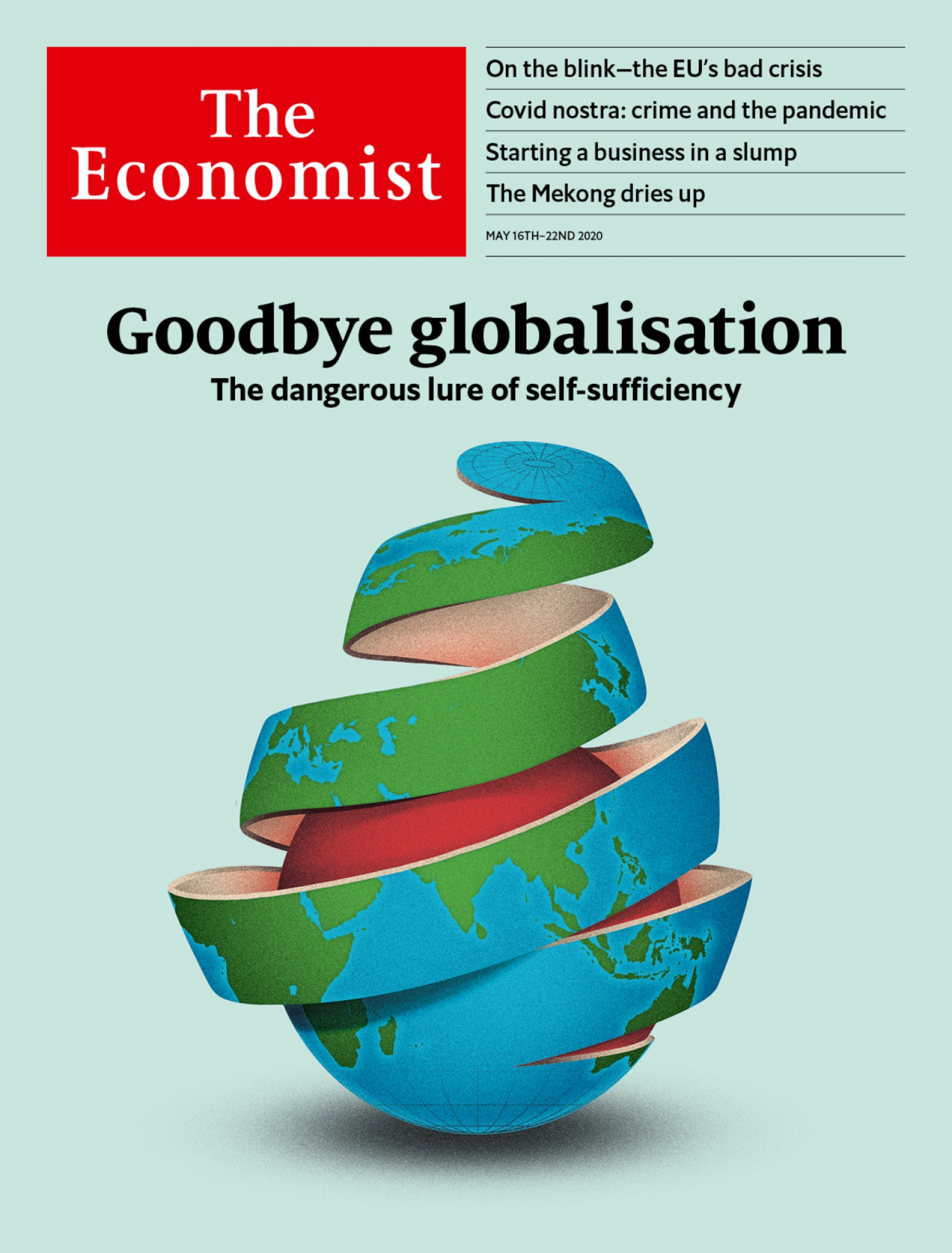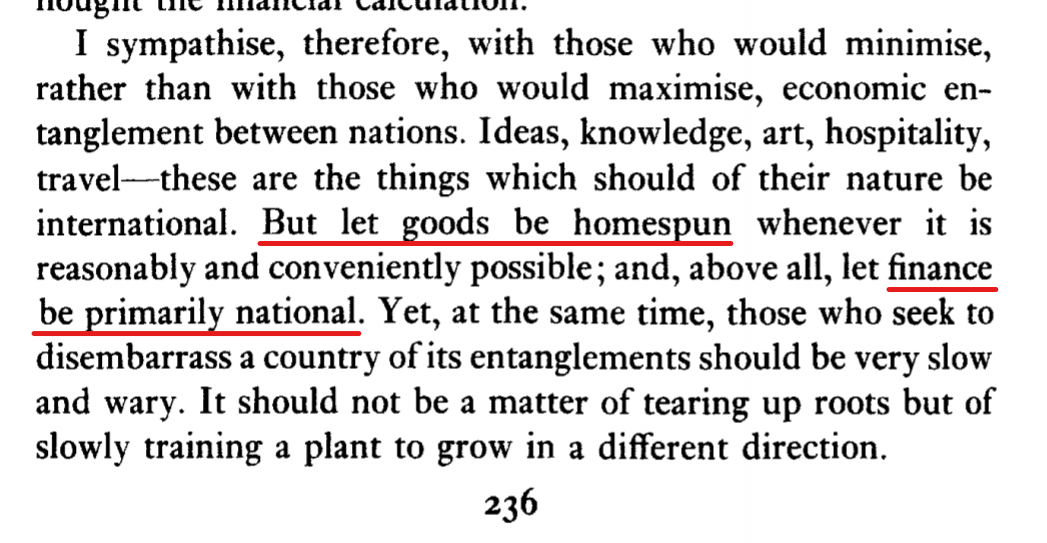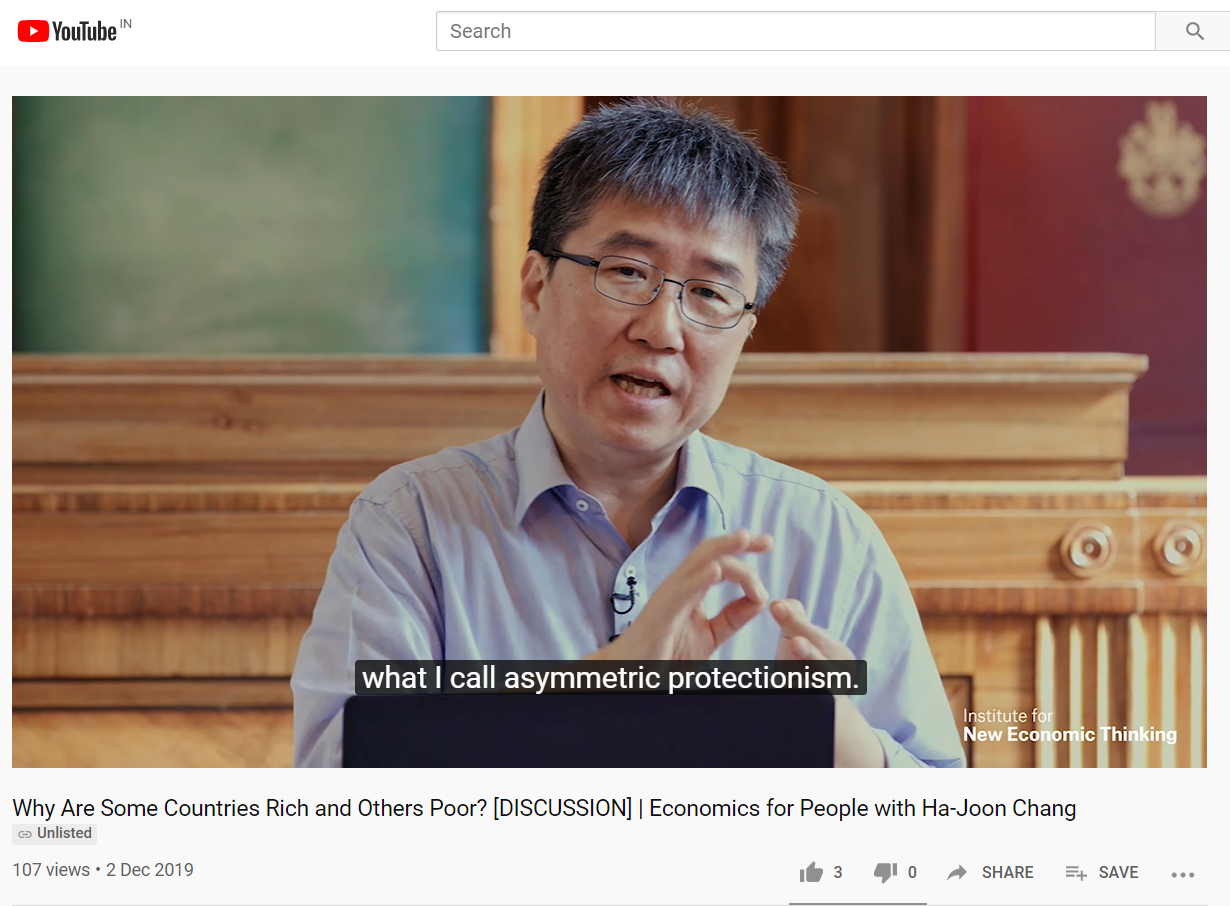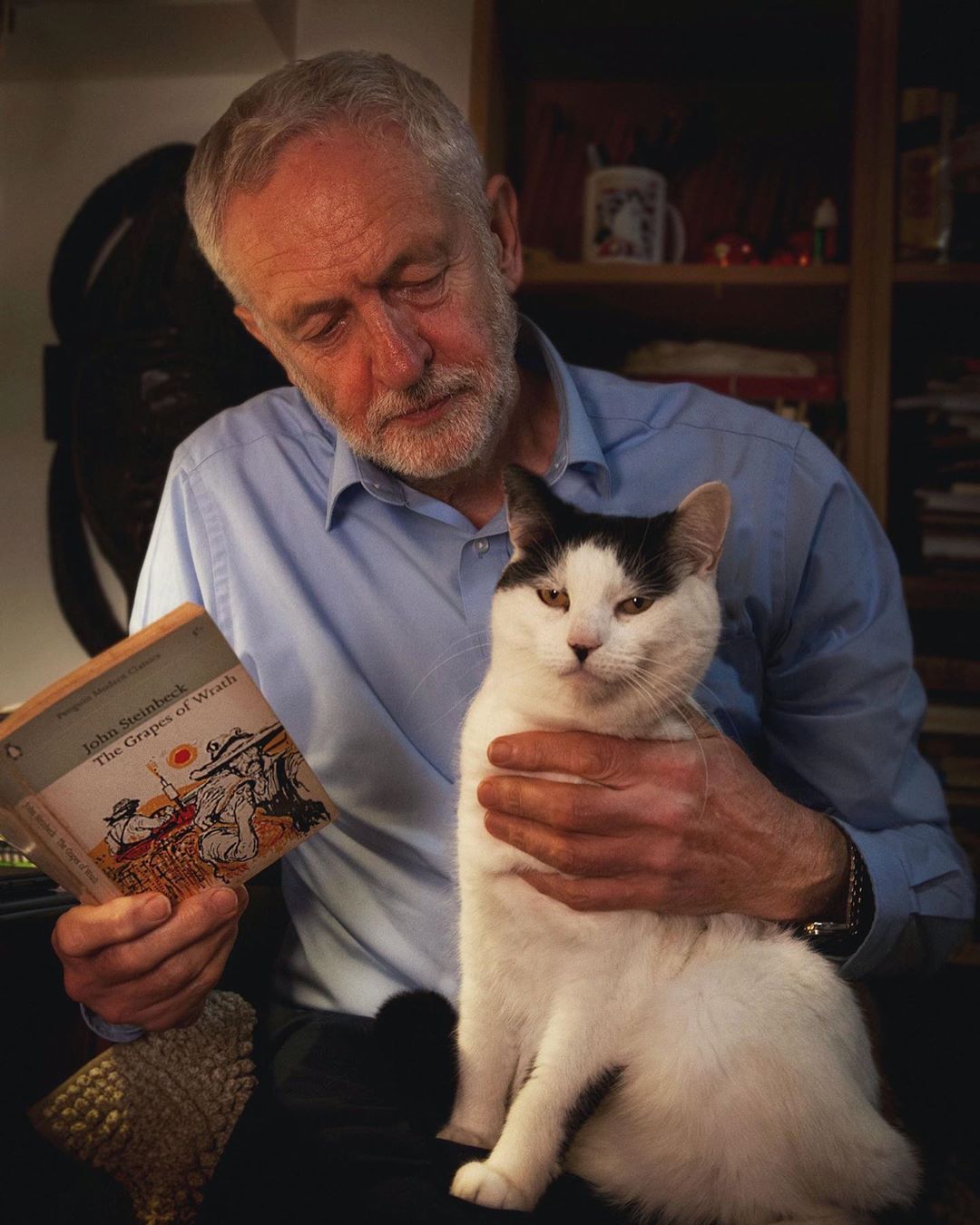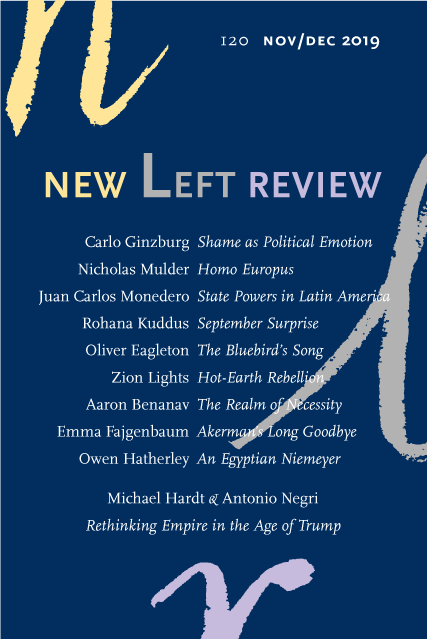The United States policies and maintains the “liberal international order”, a totally unfair game built on laissez-faire/anti-Keynesian ideas. That was advantageous for the United States because its corporations are highly competitive because of historical reasons and who don’t need protection at home. Of course the US has still been using protectionist measures, so there’s hypocrisy there too. But the general system is the removal of protection from countries whose producers need it. Free trade in general. Low tariffs, no import quotas and industrial policy is shooed away.
There’s a good Noam Chomsky video on What Is The WTO? (with transcripts on that page).
Post-Keynesians have argued how the system of free trade has a deflationary bias and causes polarisation in the fortunes of nations.
The solution is, as proposed by Nicholas Kaldor in his book Causes Of Growth And Stagnation In The World Economy, page 87:
… coordinated fiscal action including a set of consistent balance of payments targets and “full employment” budgets.
Anyway, China has gamed this too well to cause troubles to the United States. The US balance of payments and international investment position is on an unsustainable path now because of this. Slower growth for the US also implies slower growth for the world as a whole because the United States is a spender of the last resort (or more like the first resort). High imbalance also means that many countries can’t expand fiscal policy.
So there is a need to change the rules of globalisation, which is more than about free trade but free trade is an important part of it.
Dani Rodrik has two interesting recent articles on this. He is different from the establishment but unfortunately falls short. In his article US-China Rivalry: Geopolitics Is Ruining The Chance To Shape A Better Globalisation, he talks of how the US has taken measures which are more than just tariffs raised by Trump:
US President Joe Biden has added to these challenges by launching what Edward Luce of the Financial Times has called “a full-blown economic war on China”. Just before the party congress, the United States announced a vast array of new restrictions on the sale of advanced technologies to Chinese firms.
As Luce notes, Biden has gone much further than his predecessor Donald Trump, who targeted individual companies such as Huawei. The new measures are astounding in their ambition, aiming at nothing less than preventing China’s rise as a hi-tech power.
In Trump’s four years, economists led by Paul Krugman dismissed Trump’s actions on China but the current Biden administration for which Krugman—acts as a lackey—have gone way beyond.
It’s such a blot on the economics profession that almost nobody saw all this coming. The exception of course was Wynne Godley who was recommending import controls and policies to expand exports in the 2000s. The bigger solution of course is one in which trade is overall balanced. Wynne Godley mentions in his article The United States And Her Creditors — Can The Symbiosis Last? written in 2005:
A resolution of the strategic problems now facing the U.S. and world economies can probably be achieved only via an international agreement that would change the international pattern of aggregate demand, combined with a change in relative prices. Together, these measures would ensure that trade is generally balanced at full employment.
The other Dani Rodrik article How To Build A Better Order although interesting doesn’t go much far than proposing some changes. And Rodrik is a kind of dissenter from mainstream economics from within the establishment, so the profession doesn’t have a clue!

